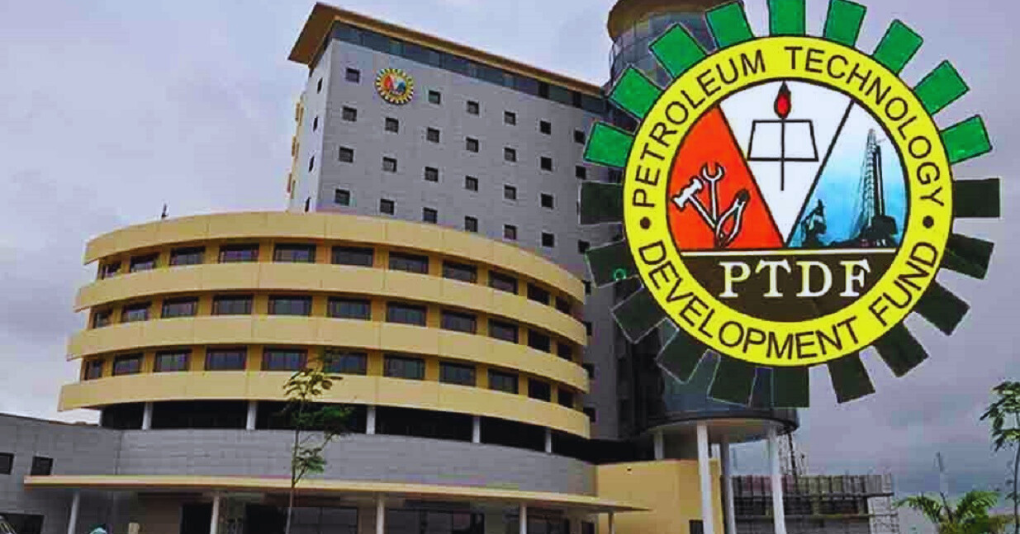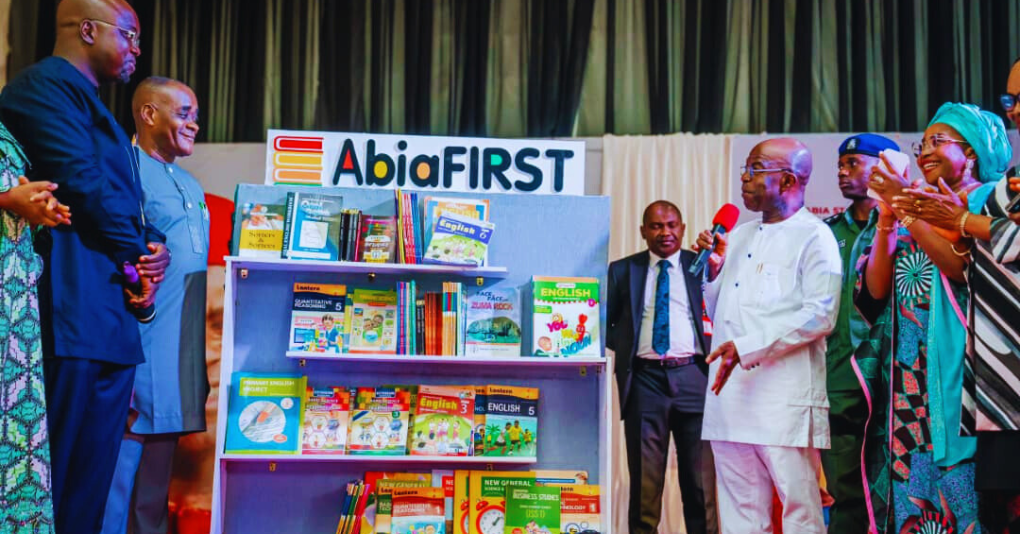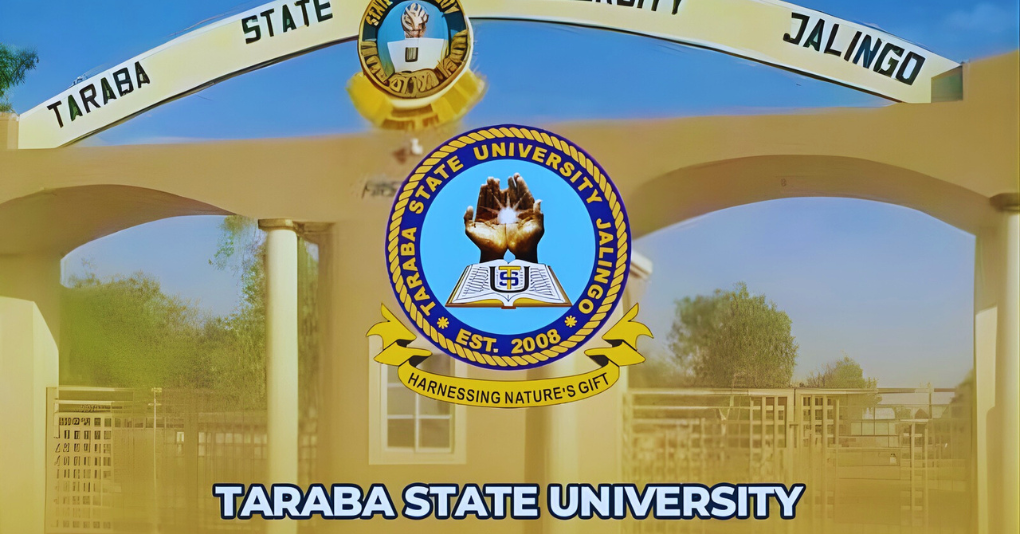The Petroleum Technology Development Fund has commenced a specialised training programme for 30 scholars at Usmanu Danfodiyo University, Sokoto, as part of efforts to build a new generation of experts capable of supporting sustainable oil and gas operations in Nigeria.
The three-day capacity-building workshop, which opened on Monday in Sokoto, is designed to equip the selected participants—drawn from 22 institutions across the country—with advanced analytical skills critical to research and innovation in the energy sector.
Speaking at the opening ceremony, the General Manager, PTDF Research and Innovation, Mr. Olayinka Agboola, represented by Dr. Neeka Jacob, said the fund had, for over two decades, sustained research programmes that have produced patented technologies, with more breakthroughs awaiting approval.
“There are novel and recent researches and innovations that are outstanding and need to be expanded through deeper collaboration with UDUS,” Agboola said. “These technologies are expected to be deployed commercially to solve problems, create jobs, and improve Nigeria’s economy and living standards.”
He said the training aligns with the fund’s goal of preparing scholars to engage responsibly and sustainably in the oil and gas industry.
“Through these patents, we are setting the stage for joint collaborative research and commercialisation in emerging technologies, particularly in sustainable oil and gas operations, renewable energy, energy efficiency, and energy security,” he added.
PTDF’s Head of Legal and Secretariat Services, Mr. Nuruhuda Darma, described the programme as a strategic step toward strengthening synergy between academia, industry, and government to ensure that research outputs are translated into practical solutions.
Darma noted that over 65 percent of global petroleum laboratories rely on Gas Chromatography–Mass Spectrometry technology for quality control and environmental assessment.
“In Nigeria, the oil and gas analytical services market is growing at about six to eight percent annually, driven by downstream optimisation and environmental monitoring,” he added.
The PTDF Professorial Chair in Petroleum Chemistry at UDUS, Prof. Aminu Bayawa, said the workshop focuses on GC–MS technology, a core analytical tool used to separate, identify, and quantify hydrocarbons in petroleum products.
“This initiative is designed to equip scholars with modern tools that enhance productivity while reducing health and environmental risks associated with research activities,” Bayawa said.
He revealed that the organisers received 260 applications, but only 30 scholars were selected for the intensive training.
He also called on the government to reduce bureaucratic hurdles limiting research and to invest more in Nigerian scientists.
Representing the Vice Chancellor, Prof. Bashir Garba, the Dean of the Faculty of Physical and Environmental Sciences, Prof. Abdullahi Tsafe, commended PTDF for its longstanding commitment to capacity building, saying the Fund’s interventions continue to transform the research landscape of UDUS and other universities.
He urged the PTDF Professorial Chair to deliver legacy projects that would sustain high-impact research and position the university for global competitiveness.
The workshop, themed “Mastering GC–MS for the Oil Industry: From Theory to Practical Applications,” continues this week with participants drawn from across the country.
Share this post





Be the first to comment on this post